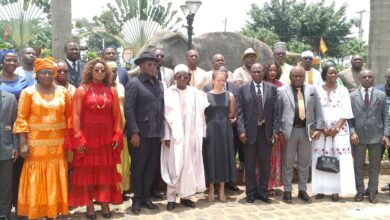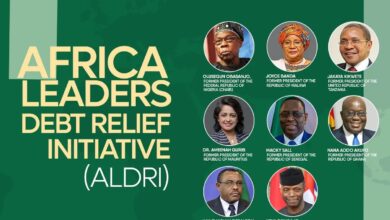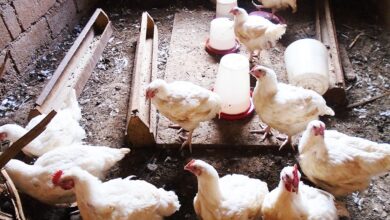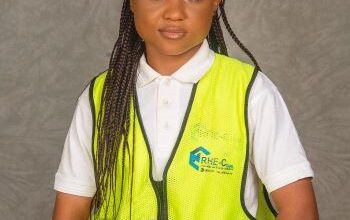Cameroon: Blue Economy, Where are Women?
Cameroon's blue economy is a vital sector that contributes significantly to the country's economic growth, poverty reduction, and environmental protection. However, a critical analysis of the sector reveals a striking imbalance: women are grossly underrepresented in the blue economy. In this article, Baltazar ATANGANA, Cameroonian gender expert, seeks to examine the underlying factors contributing to this imbalance and to propose strategies for promoting women's participation in the sector.
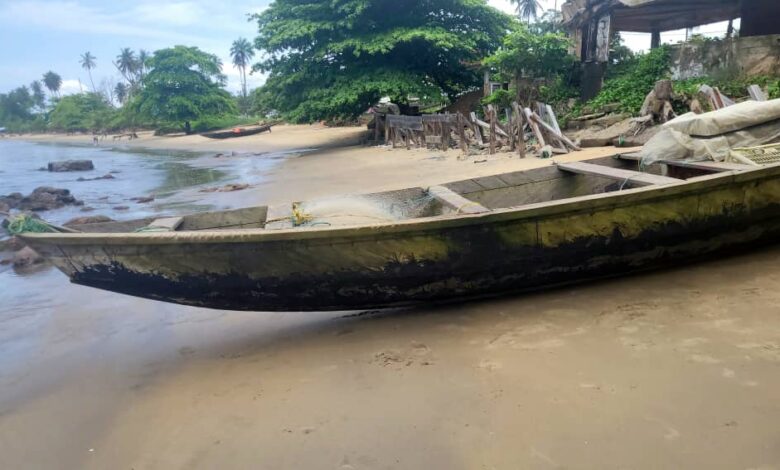
The Blue Economy in Cameroon: An Overview
The blue economy in Cameroon is characterized by a range of activities, including fishing, aquaculture, tourism, renewable energy, and coastal management. Despite the sector’s potential for economic growth and poverty reduction, women’s participation in the blue economy is limited. According to the World Bank, women account for only 15% of the workforce in the fishing sector, and 10% in the tourism sector (Monga, 2019). This situation is confirmed by the World Bank’s 2020 report on global development, which highlights the importance of women’s participation in the blue economy for achieving sustainable development (World Bank, 2020).
A critical analysis of the factors contributing to the underrepresentation of women in the blue economy reveals a complex interplay of structural, institutional, and cultural factors. Firstly, women’s access to education and vocational training is limited, which restricts their ability to acquire the skills and knowledge necessary to participate in the blue economy. Secondly, discriminatory laws and policies restrict women’s participation in economic activities, including those related to the blue economy. Finally, cultural norms and values perpetuate gender stereotypes and limit women’s opportunities for participation in the blue economy.
For instance, in the coastal town of Limbe, women are often excluded from decision-making processes related to the management of marine resources, despite their significant contributions to the local fishing industry (Kamga, 2018). This exclusion limits their ability to participate in the blue economy and to benefit from the sector’s economic opportunities. Similarly, in the Lake Chad Basin, women play a crucial role in the fishing industry, but they face significant barriers to accessing credit and other financial services (African Development Bank, 2019). This limits their ability to invest in their businesses and to expand their participation in the blue economy.
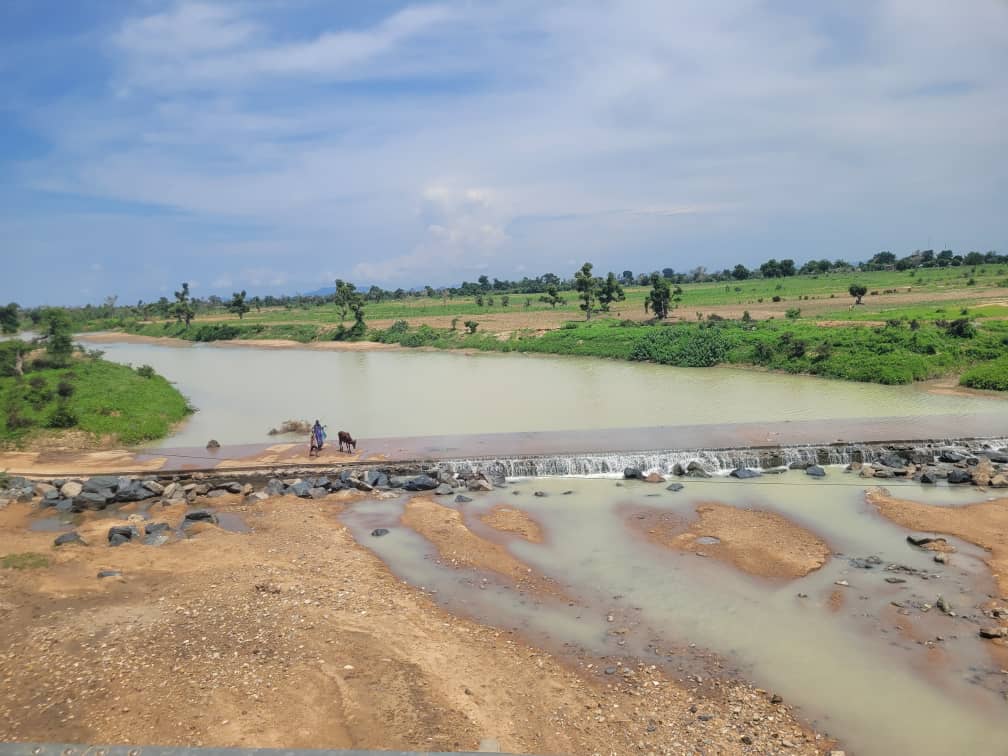
Challenging the Status Quo: Strategies for Promoting Women’s Participation
To address the underrepresentation of women in the blue economy, it is essential to adopt a multi-faceted approach that addresses the structural, institutional, and cultural factors contributing to this imbalance. Firstly, it is necessary to provide women with access to education and vocational training that is relevant to the blue economy. This can be facilitated through the creation of vocational training programs and scholarships that target women (World Bank, 2020). Additionally, policies and programs that support women’s entrepreneurship and participation in the blue economy can also contribute to promoting women’s participation in this sector (World Bank, 2019).
Finally, it is necessary to challenge cultural norms and values that perpetuate gender stereotypes and limit women’s opportunities for participation in the blue economy. This can be brought about through the implementation of awareness-raising campaigns and education programs that promote gender equality and challenge discriminatory attitudes and behaviors.
A Call to operational Action
Notably, the Cameroonian government has made significant strides in promoting women’s participation in the blue economy by creating new schools and training programs focused on the sector. For instance, the government has established the Institute of Fisheries and Aquaculture, which provides training and education to women in the fishing industry (Institute of Fisheries and Aquaculture, 2020). However, it is essential to sustain this effort and to focus on providing long-term support to women in the blue economy. This can be achieved through the provision of resources and support for women-led businesses and initiatives, as well as through the implementation of policies and programs that promote women’s entrepreneurship and participation in the blue economy.
Promoting women’s participation in the blue economy is essential for achieving sustainable economic growth and development in Cameroon. It is time for the government, private sector, and civil society to work together to address the barriers that prevent women from participating in the blue economy and to create opportunities for women to thrive in this sector.
Baltazar ATANGANA/ Gender Expert
noahatango@yahoo.ca
References:
African Development Bank. (2019). Women’s Economic Empowerment in Africa.
Institute of Fisheries and Aquaculture. (2020). Annual Report.
Kamga, A. (2018). Women’s Participation in the Fishing Industry in Cameroon. Journal of Gender Studies, 28(1), 1-12.
Ministry of Fisheries and Animal Husbandry. (2020). Strategic Plan for the Development of Fisheries and Animal Husbandry in Cameroon.
Monga, C. (2019). The Blue Economy in Africa: Opportunities and Challenges. Journal of Development Economics, 27(2), 35-56.
World Bank. (2020). Global Development Report 2020: The Blue Economy.


